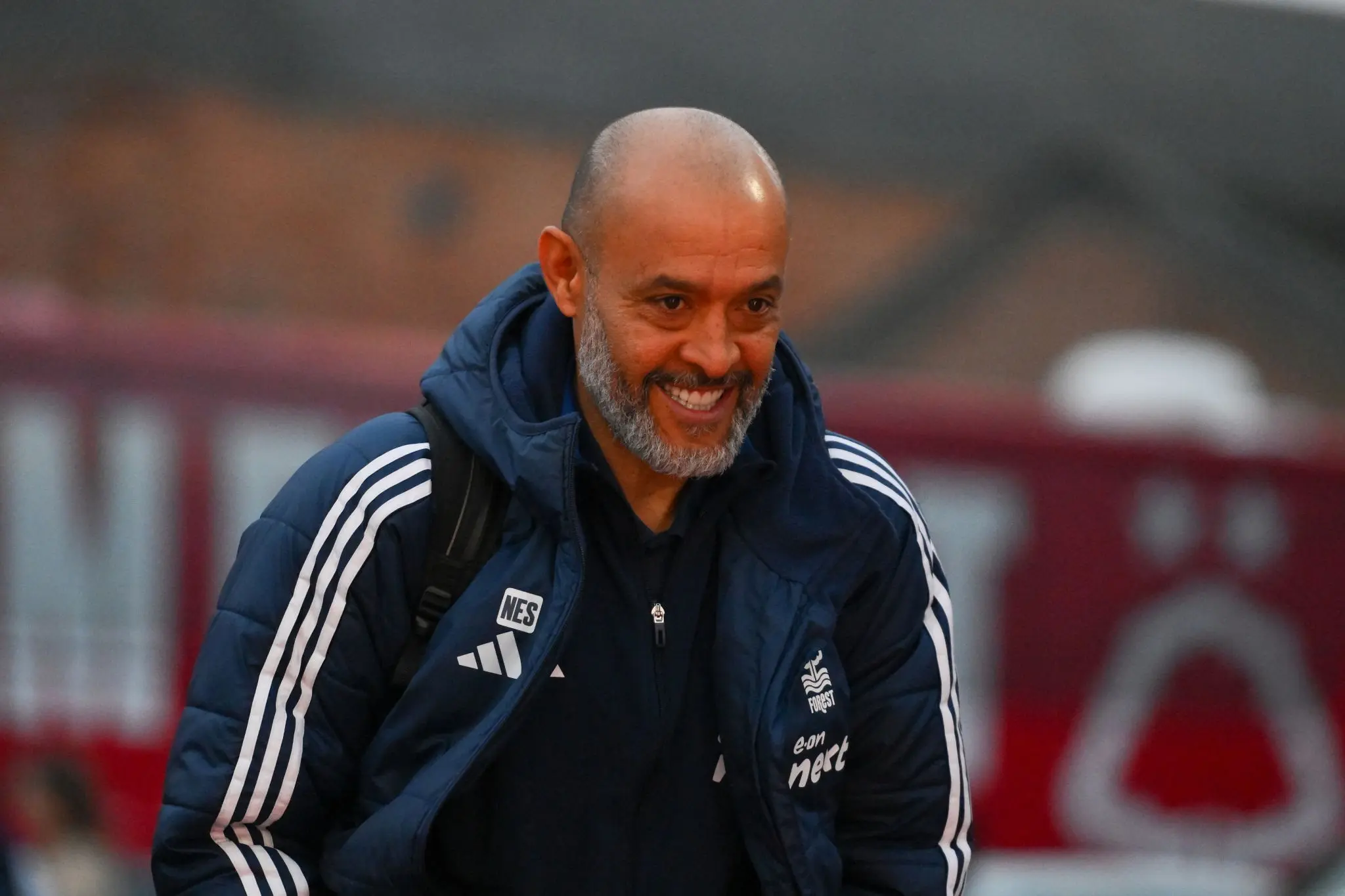On the wall of his office at Nottingham Forest’s state-of-the-art training ground, Nuno Espírito Santo surveys an ambitious schedule for the 2024-25 season.
For now, it’s confined to domestic competitions: the Premier League, FA Cup, and Carabao Cup. But beneath the surface, the club’s aspirations are far grander—reaching for the pinnacle of European football and beyond. The ultimate goal? A return to the Champions League and a rekindling of the golden era under Brian Clough, who led Forest to back-to-back European Cup triumphs in 1979 and 1980.
Forest’s resurgence on the pitch has been nothing short of remarkable. Sitting fourth in the Premier League table, they’ve defeated the likes of Liverpool at Anfield and Manchester United at Old Trafford—an extraordinary feat in the same campaign. They’ve also held their ground against Chelsea and Brighton while dispatching Aston Villa at home. These results underscore a team that’s no longer content to merely survive but is determined to thrive among England’s elite.
Yet, the challenge of breaking into the upper echelons of football comes with its complications. Stricter Premier League financial regulations limit spending, as evidenced by the struggles of clubs like Newcastle and Aston Villa to fully capitalize on their wealthy ownership. Forest faces similar constraints. The club’s owner, Evangelos Marinakis, a shipping magnate, has embraced an innovative approach to achieve sustained success, focusing on a multi-club model that extends Forest’s reach across continents.
Advertisement
Latest Press Conference
We’re on Social Media



Marinakis is working to establish a network of footballing talent akin to the City Football Group, whose success with Manchester City and other clubs worldwide has set the benchmark. Forest’s strategy includes leveraging partnerships with Olympiacos in Greece and Rio Ave in Portugal, both already under Marinakis’ ownership, and exploring further opportunities in Brazil. Recent reports suggest interest in acquiring Vasco da Gama or São Paulo, a move that could expand Forest’s brand into one of football’s richest talent pools.
The aim is clear: build a global brand that not only enhances Forest’s commercial appeal but also ensures compliance with financial regulations. Pre-season tours in the United States could become a crucial part of this vision, capitalizing on the growing appetite for football across the Atlantic. As seen with Wrexham’s meteoric rise in popularity stateside, compelling narratives resonate deeply with American audiences. Forest’s own storied history, immortalized in the film I Believe in Miracles, has all the ingredients to captivate a global fanbase.
Off the Pitch
Off the pitch, Forest’s transformation is equally impressive. Significant investment has gone into upgrading training facilities and infrastructure. New pitches, improved dressing rooms, expanded data analytics teams, and a sharper focus on player recovery and nutrition reflect a club gearing up for sustained success. Nuno, too, has contributed to fostering a close-knit squad, insisting on shared meals and camaraderie to build a unified team ethos.
Recruitment has also evolved. After a chaotic first transfer window following their promotion in 2022, Forest have become more measured in their approach. The summer of 2023 saw the arrivals of Anthony Elanga, Callum Hudson-Odoi, Murillo, and Nicolás Domínguez for a combined £40 million. These signings have already proven their worth, with their market values soaring, ensuring Forest retains financial leverage in future windows.
Contract negotiations with key players underline the balancing act between ambition and pragmatism. Top scorer Chris Wood is seeking a two-year extension to his current deal, while Morgan Gibbs-White, the team’s creative heartbeat, is reportedly in talks over a substantial pay rise. Gibbs-White’s development into one of the Premier League’s most dynamic attacking midfielders—complete with England caps and captaincy credentials—has made him indispensable to Forest’s plans.
Nuno Espirito Santo
At the heart of this project is Nuno Espírito Santo, whose resurgence as a manager mirrors Forest’s rise. While his early tenure was marked by uncertainty, Nuno has rediscovered the form that made him a standout at Wolves, where he led them to consecutive seventh-place finishes and European football. Under his stewardship, Forest have embraced a blend of resilience and flair that reflects their lofty ambitions.
However, the club’s trajectory hasn’t been without its challenges. Forest narrowly avoided relegation last season, and Nuno’s position was far from secure. A different outcome might have seen Marco Silva, admired by Marinakis, take the reins. But the decision to stick with Nuno has paid dividends, with the Portuguese coach now fully integrated into Forest’s ambitious vision.
For all the progress, Marinakis and Forest are acutely aware that this is just the beginning. The ownership’s commitment to rewriting the club’s history is unwavering. As they aim to emulate the success of Clough’s legendary era, there’s a palpable sense that Forest are building something special—not just a team but a lasting legacy.
As the 2024-25 season unfolds, the story of Nottingham Forest is one of ambition, reinvention, and a desire to once again stand tall among football’s giants. Whether on the wall of Nuno’s office or in the hearts of their fans, the dream is clear: to not only recall the miracles of the past but to create new ones for generations to come.
